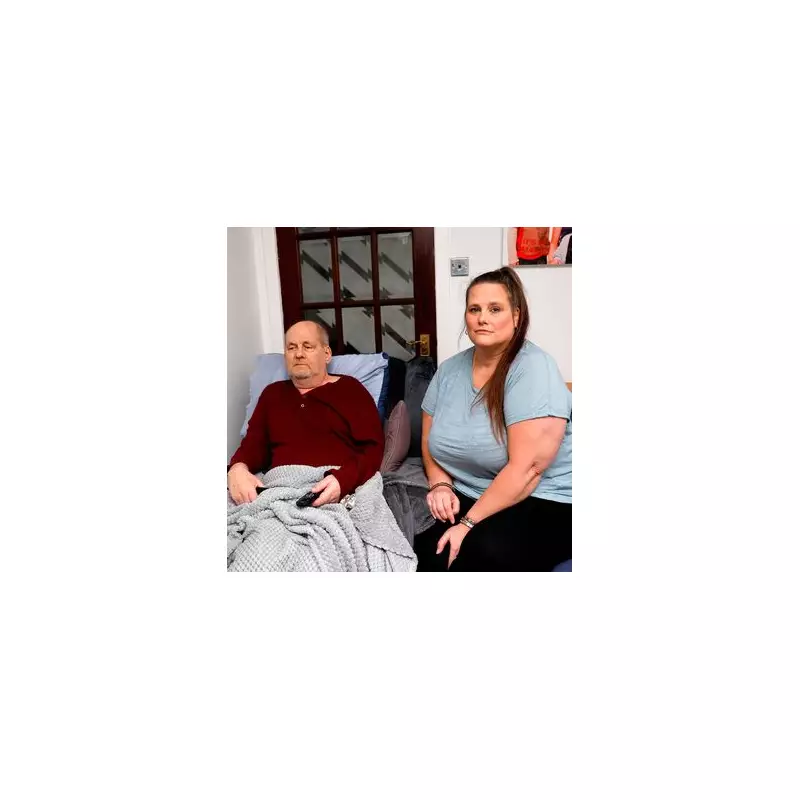
A mother has spoken out about her seven-year nightmare navigating the NHS after doctors repeatedly dismissed her debilitating symptoms as 'just IBS', leaving her begging for proper medical care.
In an exclusive interview, the woman described how she faced endless obstacles and gaslighting from healthcare professionals while her health continued to deteriorate dramatically.
The Descent Into Illness
What began as manageable discomfort escalated into a living hell that saw the previously healthy mother bedridden for months. 'I literally begged my GP for help,' she revealed, her voice trembling with emotion. 'I knew something was seriously wrong, but nobody would listen.'
Her symptoms progressed to the point where she could barely function, yet medical professionals continued to attribute everything to Irritable Bowel Syndrome without conducting thorough investigations.
A Pattern of Dismissal
The patient's experience reflects a worrying trend in women's healthcare, where serious conditions are often misdiagnosed as less critical issues. 'I felt like I was being treated as a hypochondriac rather than someone with genuine medical needs,' she confessed.
Despite multiple visits to different GPs and mounting evidence that something more serious was occurring, the healthcare system failed to connect the dots or order appropriate tests.
The Breaking Point
After years of suffering, the mother reached a critical juncture where her quality of life had been completely destroyed. 'There were days I couldn't get out of bed, couldn't care for my family, and still I was told it was just stress or IBS,' she recalled.
The emotional toll of not being believed compounded the physical agony, creating a perfect storm of suffering that might have been prevented with earlier intervention.
A Call for Systemic Change
This harrowing account raises serious questions about patient advocacy and diagnostic processes within the NHS. Healthcare experts suggest such cases highlight the need for:
- Better listening skills among medical professionals
- More thorough investigation of persistent symptoms
- Improved follow-up systems for complex cases
- Greater awareness of how conditions present differently in women
The mother's message to others in similar situations is clear: 'Don't give up. Keep fighting for answers. Your pain is valid, and you deserve to be heard.'





